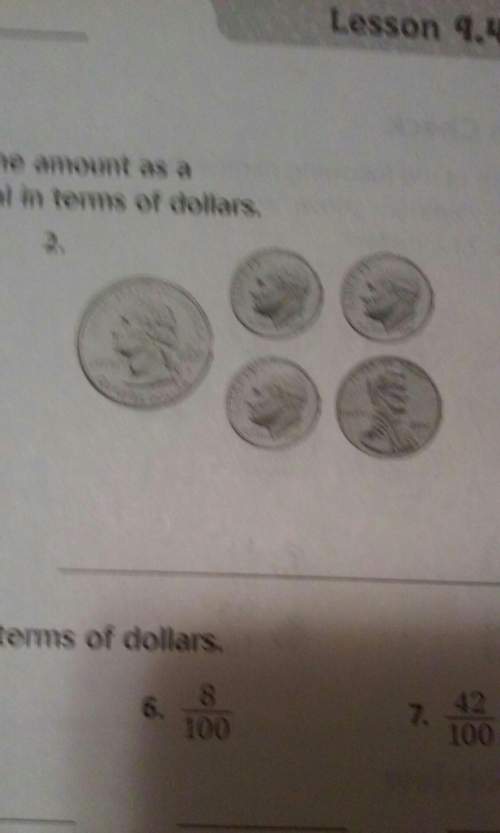
Mathematics, 07.03.2020 02:30, caro74
Consider a binomial distribution of 200 trials with expected value 80 and standard deviation of about 6.9. Use the criterion that it is unusual to have data values more than 2.5 standard deviations above the mean or 2.5 standard deviations below the mean to answer the following questions.
(a) Would it be unusual to have more than 120 successes out of 200 trials? Explain.
Yes. 120 is more than 2.5 standard deviations above the expected value.
Yes. 120 is more than 2.5 standard deviations below the expected value.
No. 120 is less than 2.5 standard deviations above the expected value.
No. 120 is less than 2.5 standard deviations below the expected value.
(b) Would it be unusual to have fewer than 40 successes out of 200 trials? Explain.
Yes. 40 is more than 2.5 standard deviations above the expected value.
Yes. 40 is more than 2.5 standard deviations below the expected value.
No. 40 is less than 2.5 standard deviations above the expected value.
No. 40 is less than 2.5 standard deviations below the expected value.
(c) Would it be unusual to have from 70 to 90 successes out of 200 trials? Explain.
No. 70 to 90 observations is within 2.5 standard deviations of the expected value.
Yes. 70 to 90 observations is within 2.5 standard deviations of the expected value.
No. 90 observations is more than 2.5 standard deviations above the expected value.
Yes. 70 observations is more than 2.5 standard deviations below the expected value.

Answers: 1
Other questions on the subject: Mathematics

Mathematics, 21.06.2019 13:00, stormhorn491
Which of the following is the equation of a line that passes through the point (1,4) and is parallel to the x-axis a. y=1 b. y=4 c. x=1 d. x=4
Answers: 1


Mathematics, 21.06.2019 18:50, trevionc0322
Which of the following values cannot be probabilities? 0.08, 5 divided by 3, startroot 2 endroot, negative 0.59, 1, 0, 1.44, 3 divided by 5 select all the values that cannot be probabilities. a. five thirds b. 1.44 c. 1 d. startroot 2 endroot e. three fifths f. 0.08 g. 0 h. negative 0.59
Answers: 2

Mathematics, 21.06.2019 23:00, utjfkdndidndldn62121
Why is it so easy to buy on impulse and overspend with a credit card? what could you do to counteract this tendency?
Answers: 1
Do you know the correct answer?
Consider a binomial distribution of 200 trials with expected value 80 and standard deviation of abou...
Questions in other subjects:

Mathematics, 29.10.2020 20:10







English, 29.10.2020 20:10









